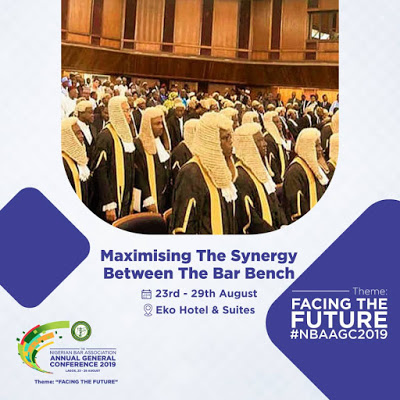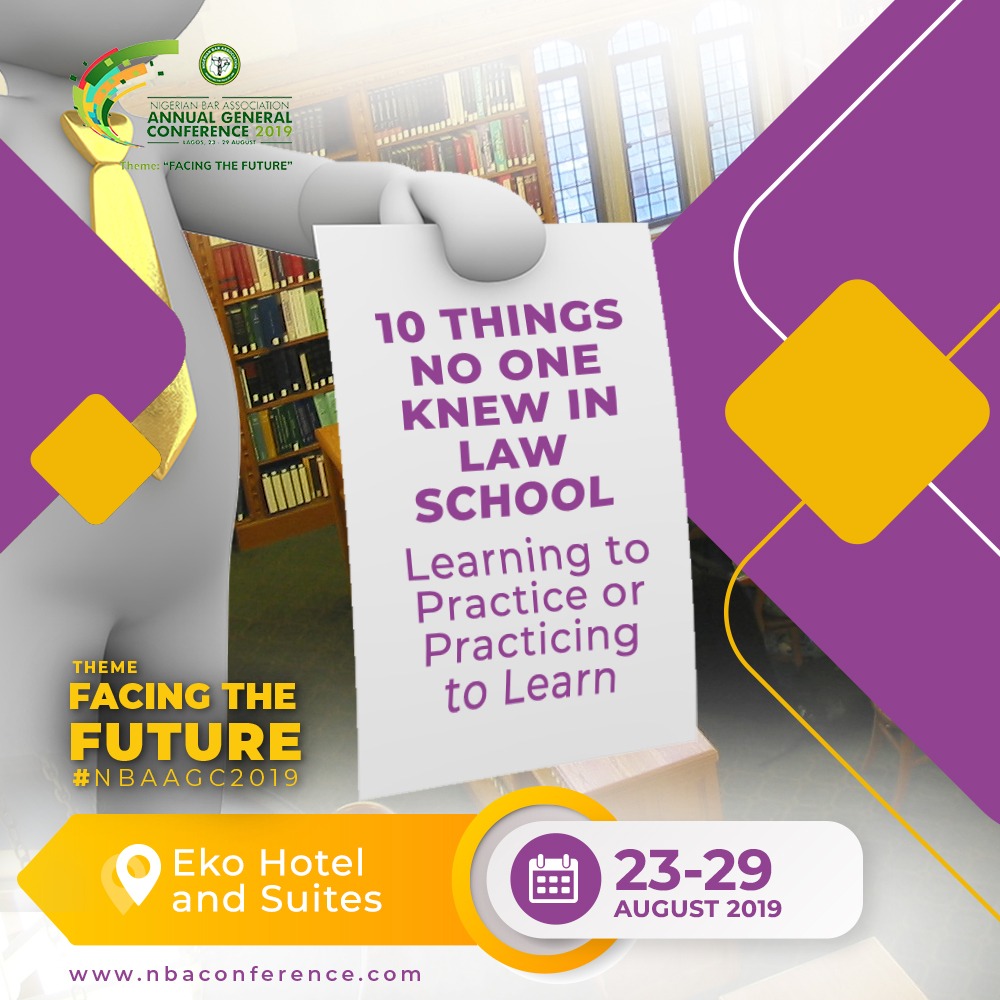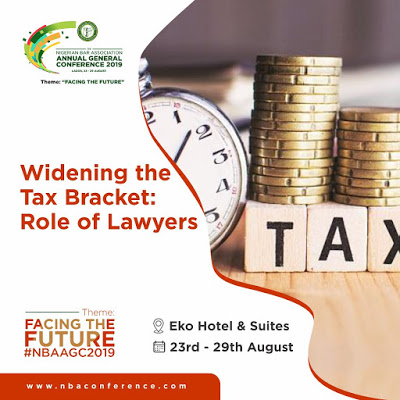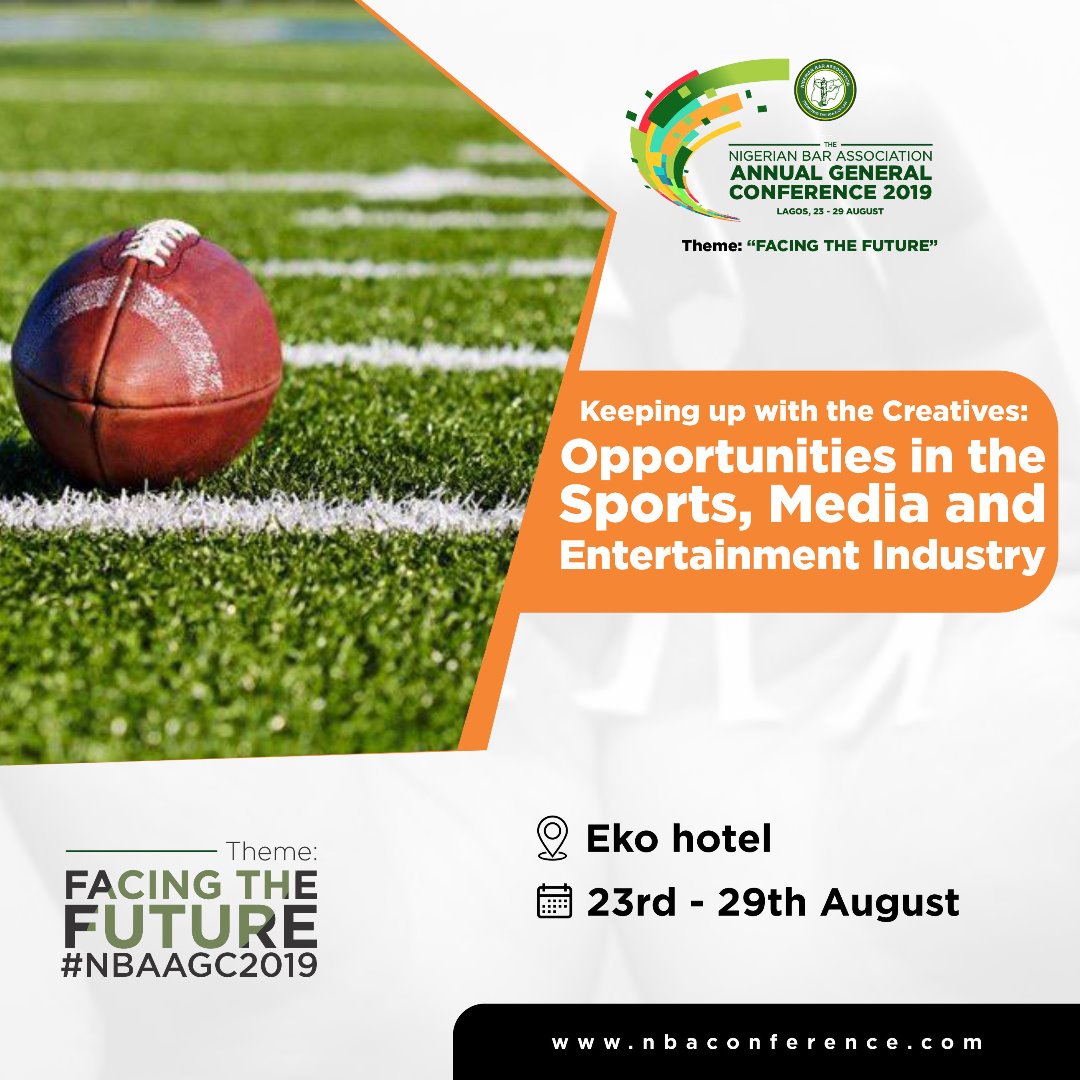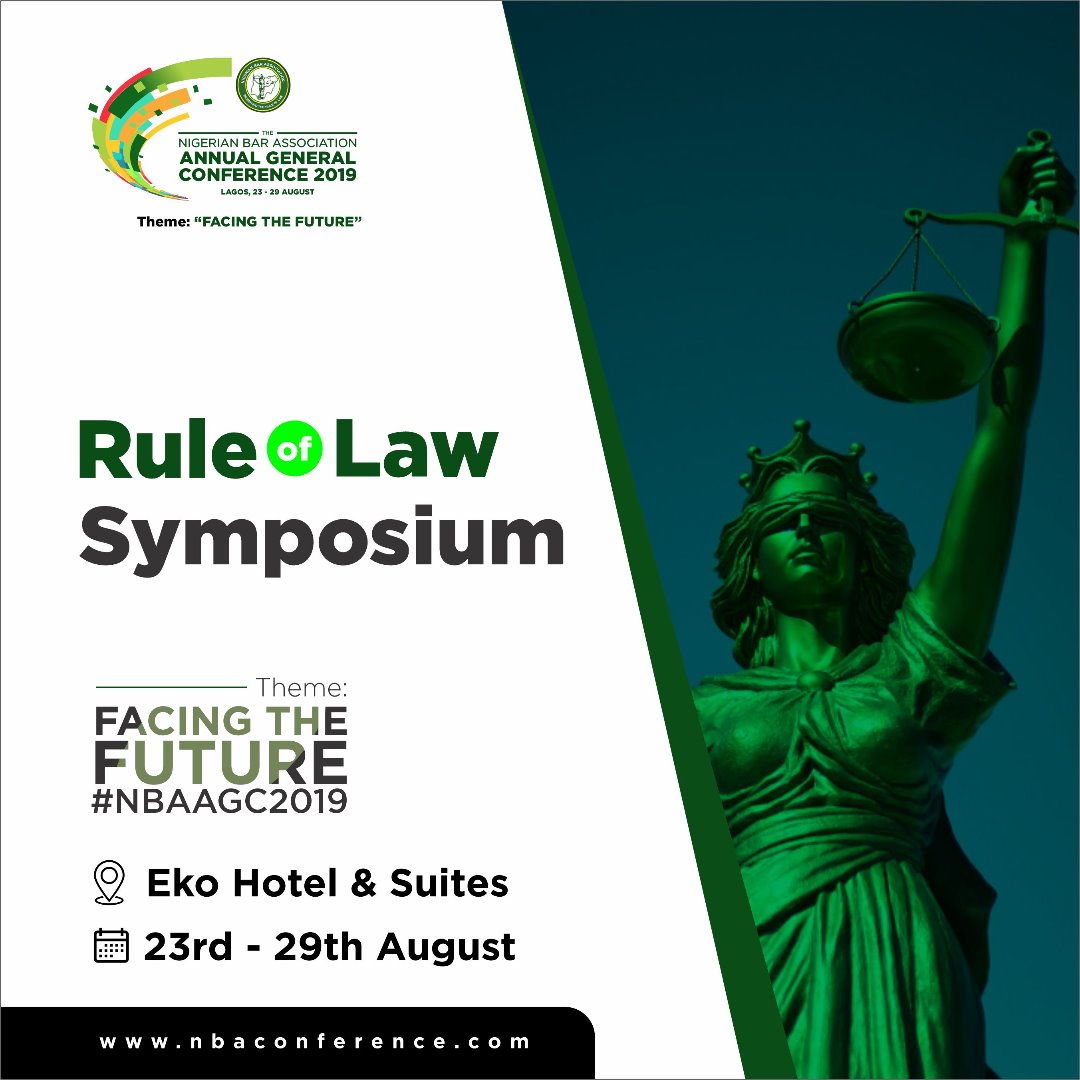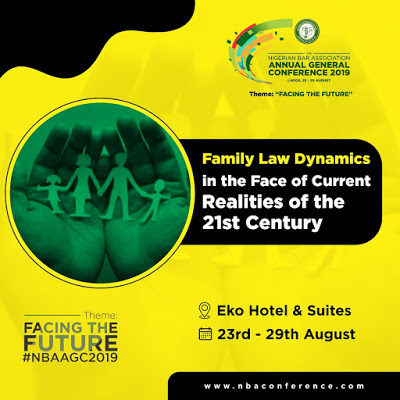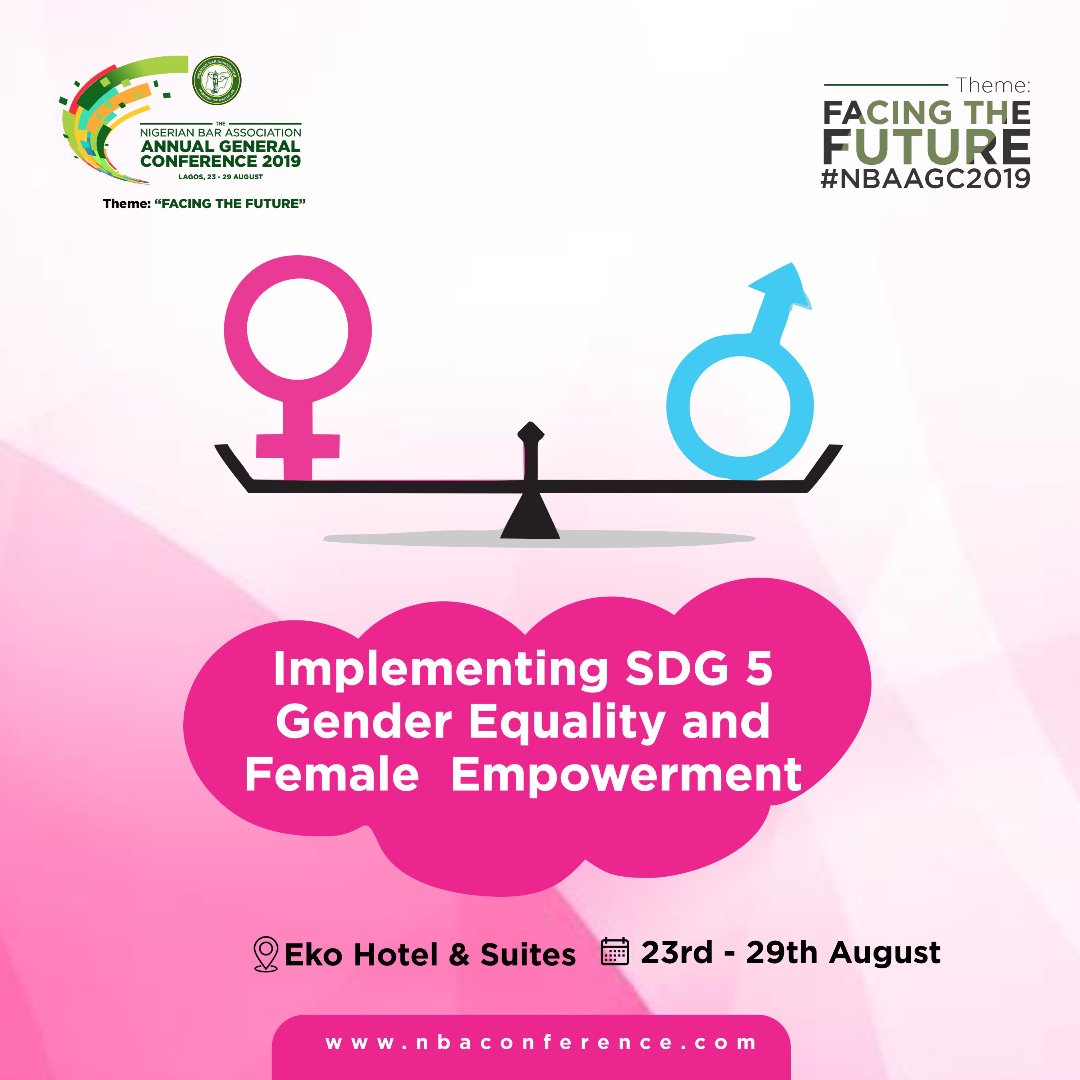
Implementing SDG 5 (Gender Equality and Female Empowerment)

The Sustainable Development
Goals are a collection of 17 goals set by the United Nations General Assembly
in 2015 for the year 2030 as its target date. The goals are expected to be
achieved in a span of fifteen years.. The goals are broad and interdependent of
each other, yet, they have different targets to achieve. These goals replaced
the Millenium Development Goals (MDGs).
Goals are a collection of 17 goals set by the United Nations General Assembly
in 2015 for the year 2030 as its target date. The goals are expected to be
achieved in a span of fifteen years.. The goals are broad and interdependent of
each other, yet, they have different targets to achieve. These goals replaced
the Millenium Development Goals (MDGs).
SDG 5 is on gender equality
and female empowerment. Encouraging female empowerment and promoting gender
equality is crucial to accelerating sustainable development. There need to be
an end to all forms of discrimination against women and girls. Discrimination against
women and girls can be seen in various settings of the country. For example, significant
gaps between men and women in the labour market, discrimination in the
political arena, lack of gender parity in education especially in the North,
disproportionate burdens of domestic work.
and female empowerment. Encouraging female empowerment and promoting gender
equality is crucial to accelerating sustainable development. There need to be
an end to all forms of discrimination against women and girls. Discrimination against
women and girls can be seen in various settings of the country. For example, significant
gaps between men and women in the labour market, discrimination in the
political arena, lack of gender parity in education especially in the North,
disproportionate burdens of domestic work.
The major reason for gender
inequality stems from our cultural orientation that women/girls are the weaker
sex. This is very prevalent in African countries especially Nigeria. Women are
relegated to the role of house wives and is expected to settle for a career
where “she would have sufficient time for the family” as opposed to actualizing
her dreams. In most Nigerian homes, the female and male child are trained and
brought up differently. The girl child is taught to serve and cater for the
needs of her brother.
inequality stems from our cultural orientation that women/girls are the weaker
sex. This is very prevalent in African countries especially Nigeria. Women are
relegated to the role of house wives and is expected to settle for a career
where “she would have sufficient time for the family” as opposed to actualizing
her dreams. In most Nigerian homes, the female and male child are trained and
brought up differently. The girl child is taught to serve and cater for the
needs of her brother.
The manner in which SDG can
be implemented is by ensuring that there is an end to all forms of discrimination
against women, promoting economic empowerment and financing to the woman as
opposed to the belief that the man is the breadwinner, ensuring participation
and leadership in decision making, ensuring women’s autonomy over their health
and body and so on.
be implemented is by ensuring that there is an end to all forms of discrimination
against women, promoting economic empowerment and financing to the woman as
opposed to the belief that the man is the breadwinner, ensuring participation
and leadership in decision making, ensuring women’s autonomy over their health
and body and so on.
The Nigerian government is
to ensure that the sustainable development goal on gender equality and female empowerment
is implemented by way of legislative intervention putting an end to all forms
of discrimination and gender disparity.
to ensure that the sustainable development goal on gender equality and female empowerment
is implemented by way of legislative intervention putting an end to all forms
of discrimination and gender disparity.
The questions that arises
here is: What is the Nigerian government doing to ensure that SDG 5 is
implemented?
here is: What is the Nigerian government doing to ensure that SDG 5 is
implemented?
The various questions, issues
and challenges of the implementation of SDG 5 and the way forward would be
discussed at the Plenary Session of the NBA Annual General Conference scheduled
to hold on;
and challenges of the implementation of SDG 5 and the way forward would be
discussed at the Plenary Session of the NBA Annual General Conference scheduled
to hold on;
Date:
Wednesday, 28th August 2019
Wednesday, 28th August 2019
Time: 11.00 – 12.30
Venue:
Zinnia, Eko Hotel
Zinnia, Eko Hotel
Speakers:
Moderator: Alhaji Aliko
Dangote
Dangote
Panelists:
Herbert Wigwe
Herbert Wigwe
Dr. Abiola Akiyode-Afolabi
Hilary Ogbonna

